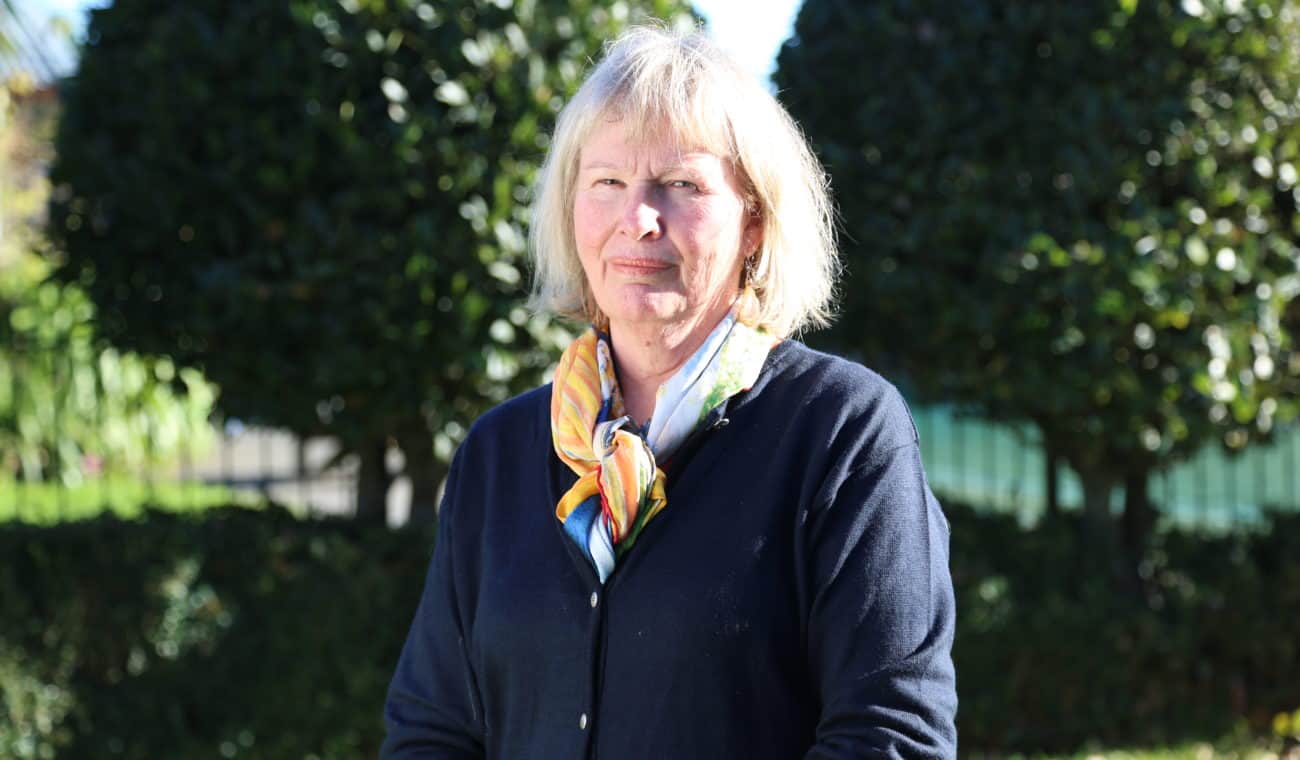Hawkes Bay widow shares her story in new TV ad
Yes for Compassion’s television ad, which premieres tonight, features Hawkes Bay widow Heather Gregory whose dying husband Richard was suffering so badly from a slow, agonizing death that he ended his own life.
Yes for Compassion is campaigning to ensure New Zealanders can cast an informed ‘yes’ vote in the 2020 End of Life Choice referendum.
This story highlights just how cruel the status quo is and urges New Zealanders to give another, more compassionate choice to terminally ill adults suffering unbearably as they die.
Richard died in August 2014 aged 58, following a ten-year battle with cancer. He left behind Heather and their five children.
“Richard didn’t want to die. He desperately wanted to get better. But like many in his situation, when he realised all he had left was suffering, he did the only thing he could to escape it. He died earlier than he should have in a lonely, violent way. The note he left said he was frightened,” says Heather.
“If the End of Life Choice Act was law, Richard would never have had to go through that trauma. He would have had a compassionate death with me and our children beside him. Instead, my children’s final image of their father isn’t one I would wish on anyone.”
Yes for Compassion spokesperson and former Director of Cranford Hospice Dr Libby Smales says “the status quo forces a small number of terminally ill people whose suffering cannot be controlled by palliative care, to choose between suffering unbearably, ending their lives by stopping eating and drinking or terminal sedation, or ending their lives alone and without speaking to their families.”
Sadly, situations like Richard’s are not uncommon. New Zealand’s latest suicide statistics show as many as 52 suicides in the past year were from people with terminal illness – effectively one terminally ill person every week taking their own life.
“I know hospice/palliative care is enough for many of us most of the time, but sadly not always or for all of us. This reality was recognised by both sides of the Lecretia Seales’ court case,” says Dr Smales.
“Internationally, assisted dying and good hospice/palliative care can and do work together – for the good of patients and families. Countries where assisted dying has been legalised generally have better hospice/palliative care. Most of those who access the legislation are already accessing hospice/palliative care. A rare example of a win-win.”
Ends.
Notes
Yes for Compassion’s television ad is available here: https://www.youtube.com/watch?v=snX2YirOzM8
The latest suicide stats are available here: https://coronialservices.justice.govt.nz/assets/Documents/Publications/Chief-Coroner-Suicide-Stats-2020-Media-Release.pdf
Information on the Oregon experience is available here:
Media contact: Jo de Joux – 021 245 6924

